By Adam Estes
Despite being one of the most infamous dive bombers of World War II, the Junkers Ju 87 Stuka is now one of the rarest aircraft of that era. While only two examples survived the war intact (the Chicago Museum of Science and Industry’s R-2/Trop and the RAF Museum Hendon’s G-2), a few more Stuka wrecks are now on display in Germany and Greece. Yet another is with the Flying Heritage and Combat Armor Museum under a restoration project that is currently on hold. But the American Heritage Museum recently announced their acquisition of another Stuka wreck and their intentions of rebuilding it to fly.
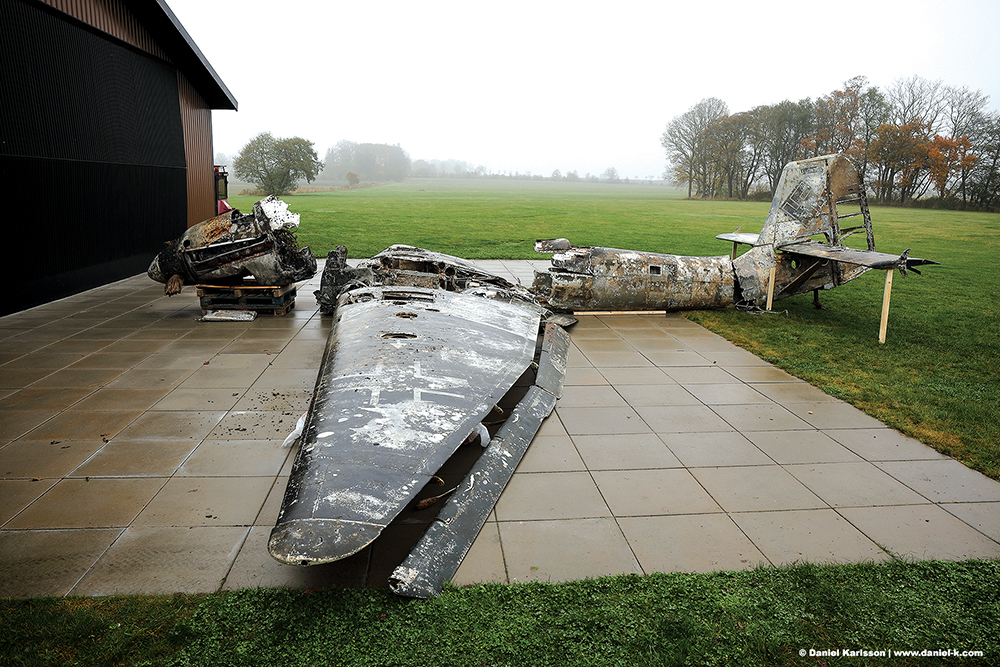
The wartime record of this aircraft is a bit murky, but it is known that the aircraft served with I/SG 5 (First Gruppe, Schlachtgeschwader 5) in Finland and served on the Murmansk front in the winter of 1944 as code Q9+CH. The museum reports that the aircraft was lost on April 4, 1944, Leutnant Unteroffizier Walter Ernest and Unteroffizier Ernest Zenker were flying the aircraft when they were forced down on a frozen lake after running low on fuel. The two men then detonated a grenade inside the cockpit to render the aircraft unusable and set out across the ice. The wreck of Werknummer 131587 sat on the frozen lake until the spring thaw melted the ice it rested upon and it was claimed by the cold and murky depth below. 77 years later, the aircraft was recovered, thanks to the collaborative efforts of the RAF Museum, Deutsches Technikmuseum in Berlin, and the Východočeské Museum in the Czech Republic. The project is currently being undertaken in Europe with the use of computer-aided design (CAD) to replace damaged and missing components and assist in fabrication efforts, while the original Junkers-Jumo 211 inverted V-12 will go through a zero-time overhaul.
This is a developing story in which new details may emerge from the depths, much like this Stuka. We will be writing future installments as updates become publicly available. If you wish to contribute to the project, visit the museum’s website at www.







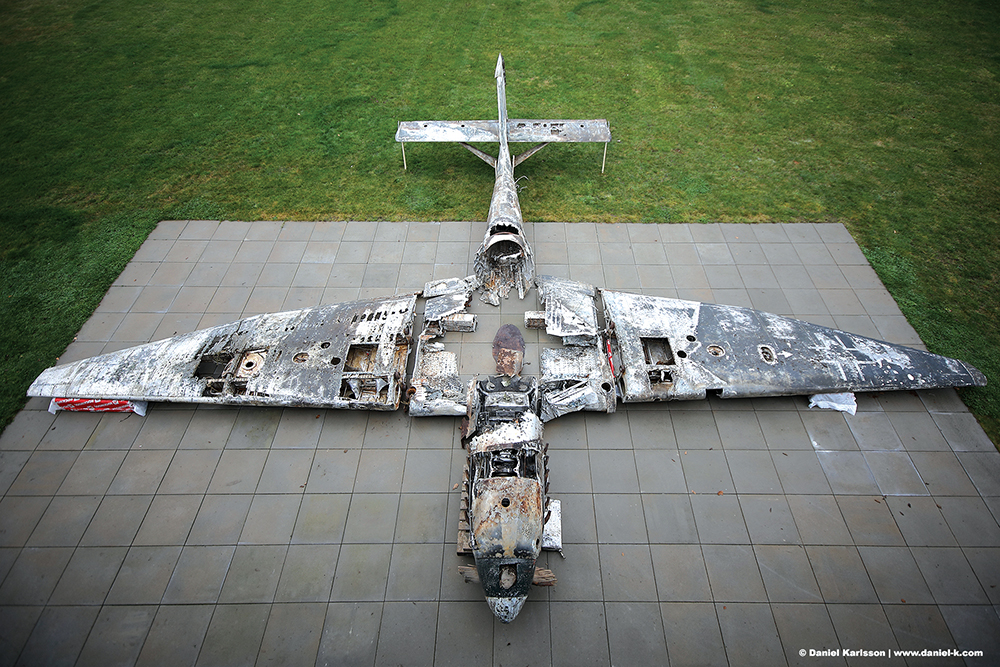

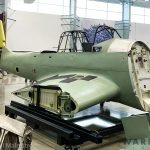




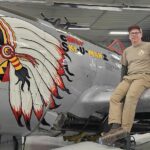

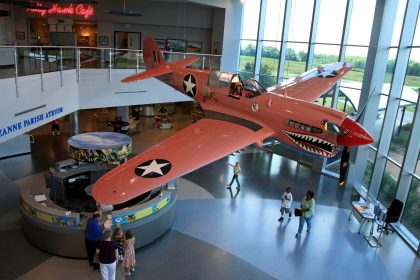
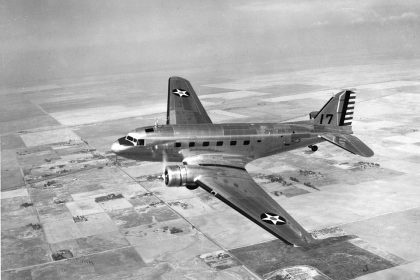
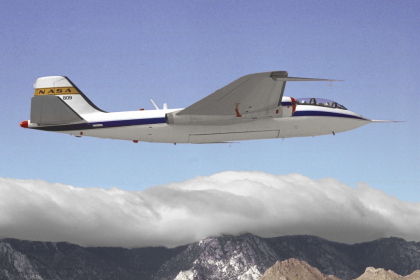


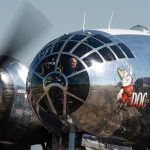
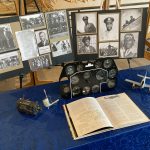
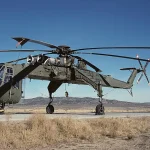

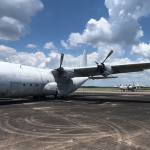
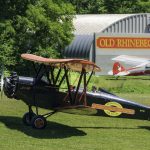


Great recovery and discovery. PLease get this warbird back in the air as no aircraft symbolises WW2 than does the fearsome Stuka. This legend needs a rebirth like an extinct animal.
Good luck.
How much of the “rebuild” will actually be this aircraft? Far better to build a replica, using this one for patterns and then display this one as a museum exhibit.
I remember as an 8-year-old living in Germany in the ’60s. We were driving down the Autobahn. There were literally dozens and dozens of stukas lined up along the fence next to the highway. Just amazing to see so many aircraft that survived and now they’re all gone.
I’m sure there was a JU87 at RAF St Athan in the sixties when i was stationed there.
hI
Yes there was it is the same Stuka thats now on display at the Battle of Britain museum at RAF Hendon museum. They explored the option of getting her airworthy for the 1968 film “bATTLE OF bRITAIN” and got her engine running but sadly did not go through with it. Regards.
I can’t tell what it is, but it looks like the image of a pilot with cap on right in the middle of the image. Intentional?
I thought so too!